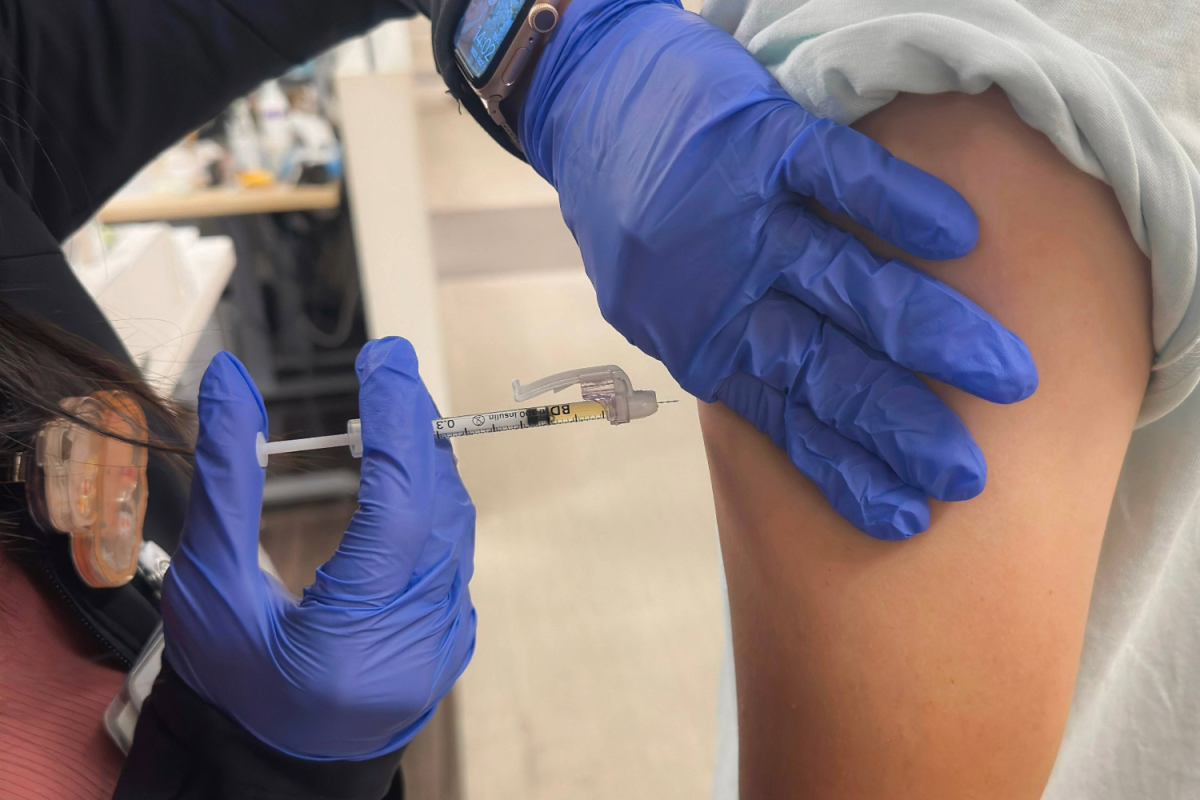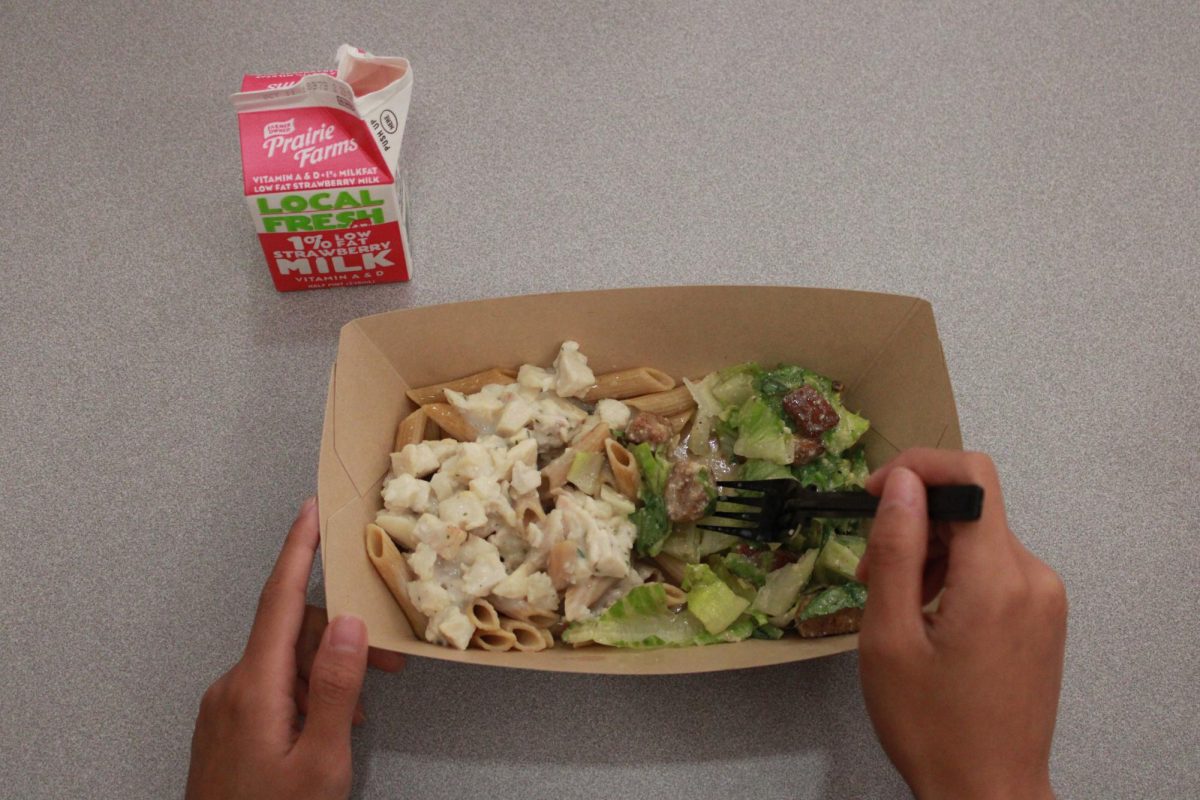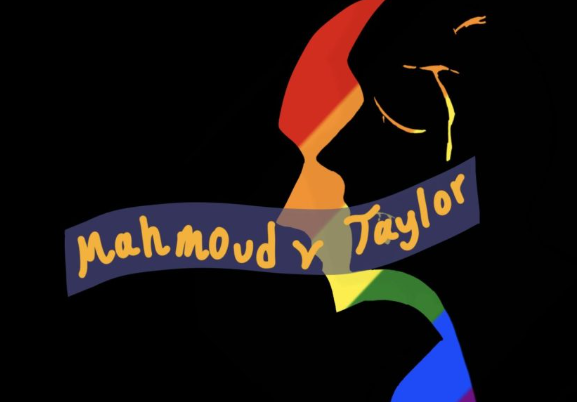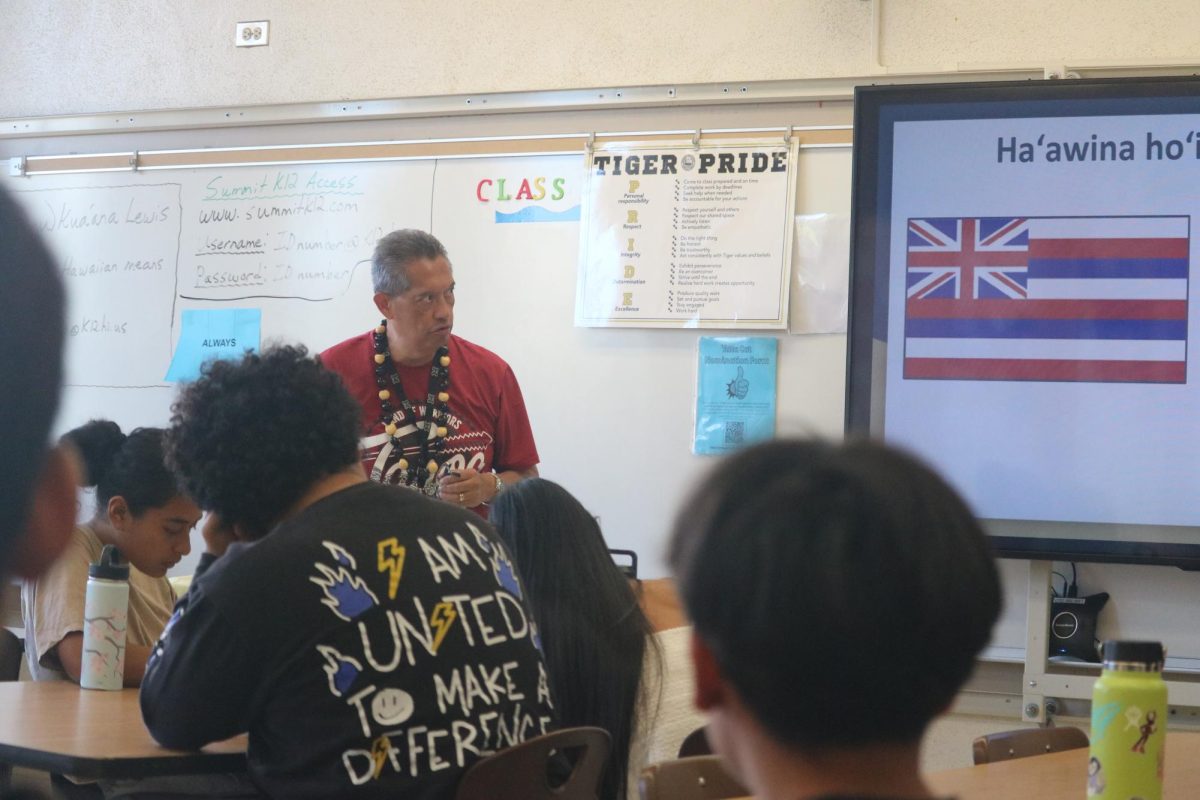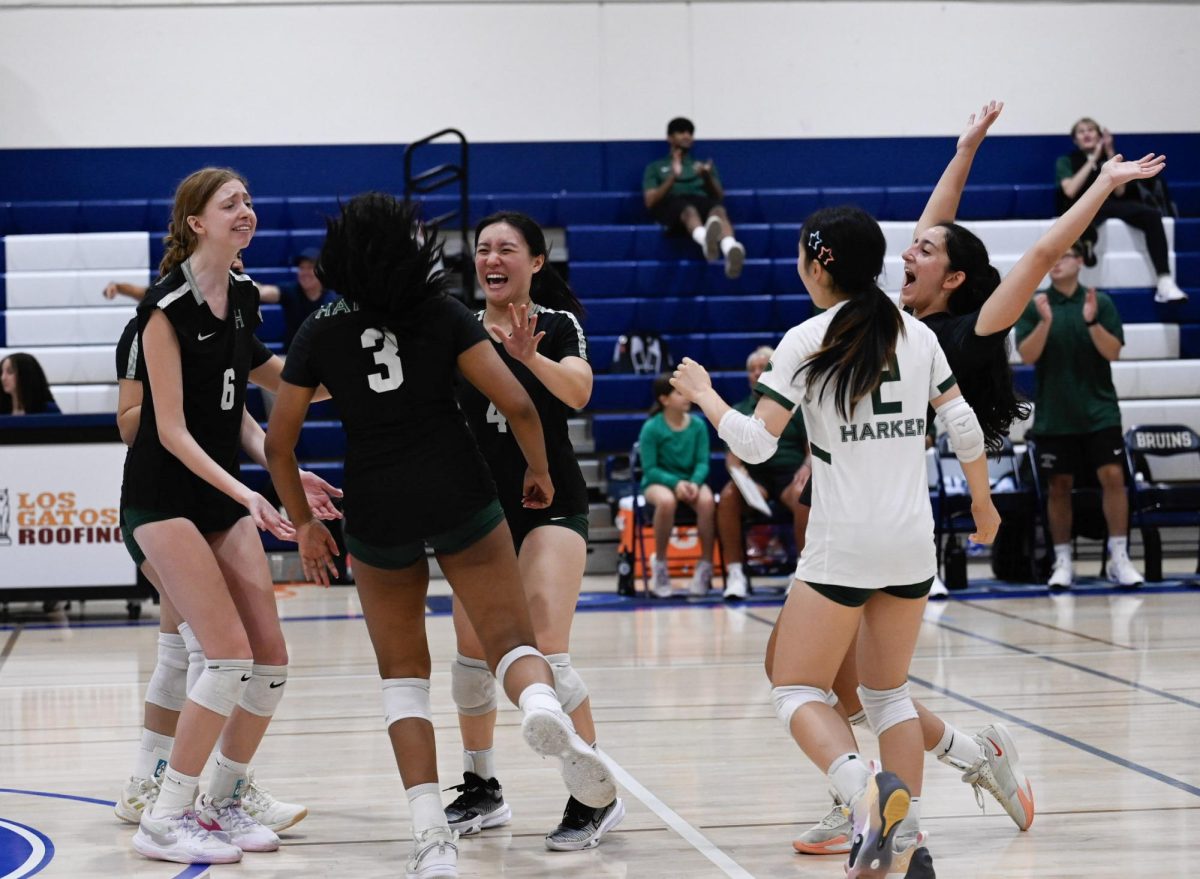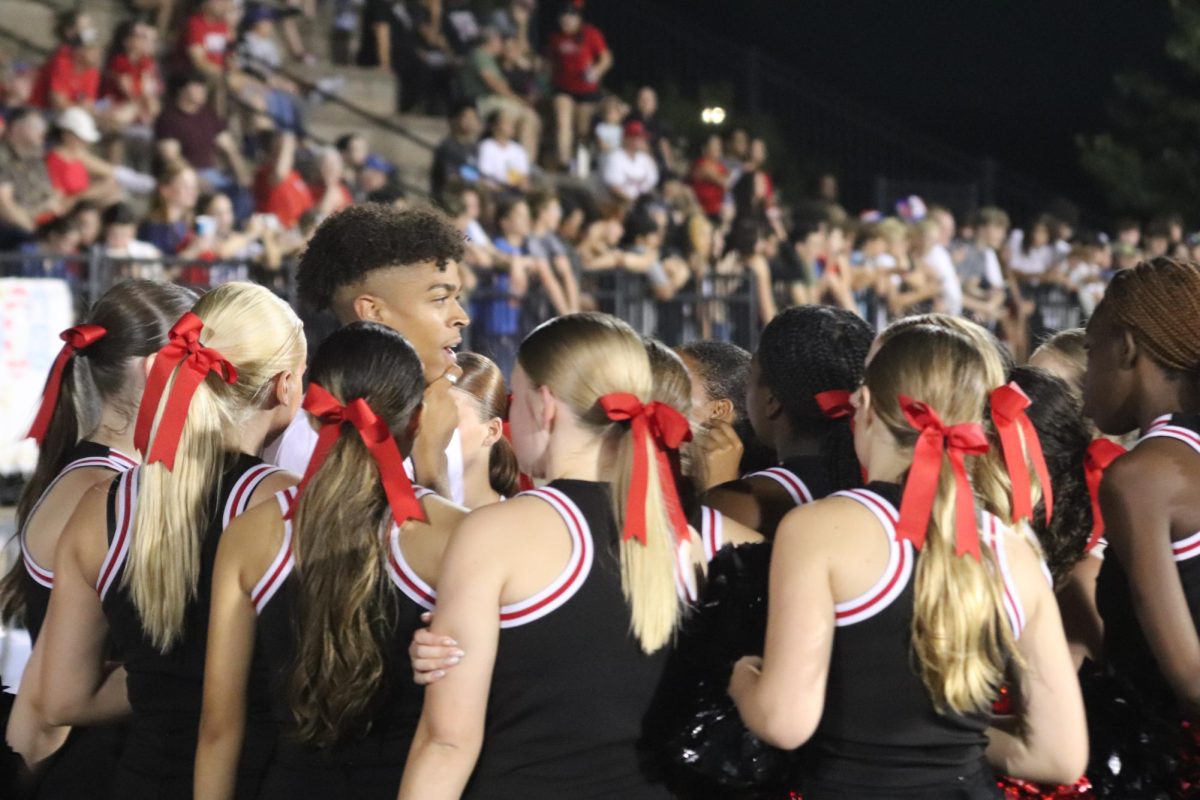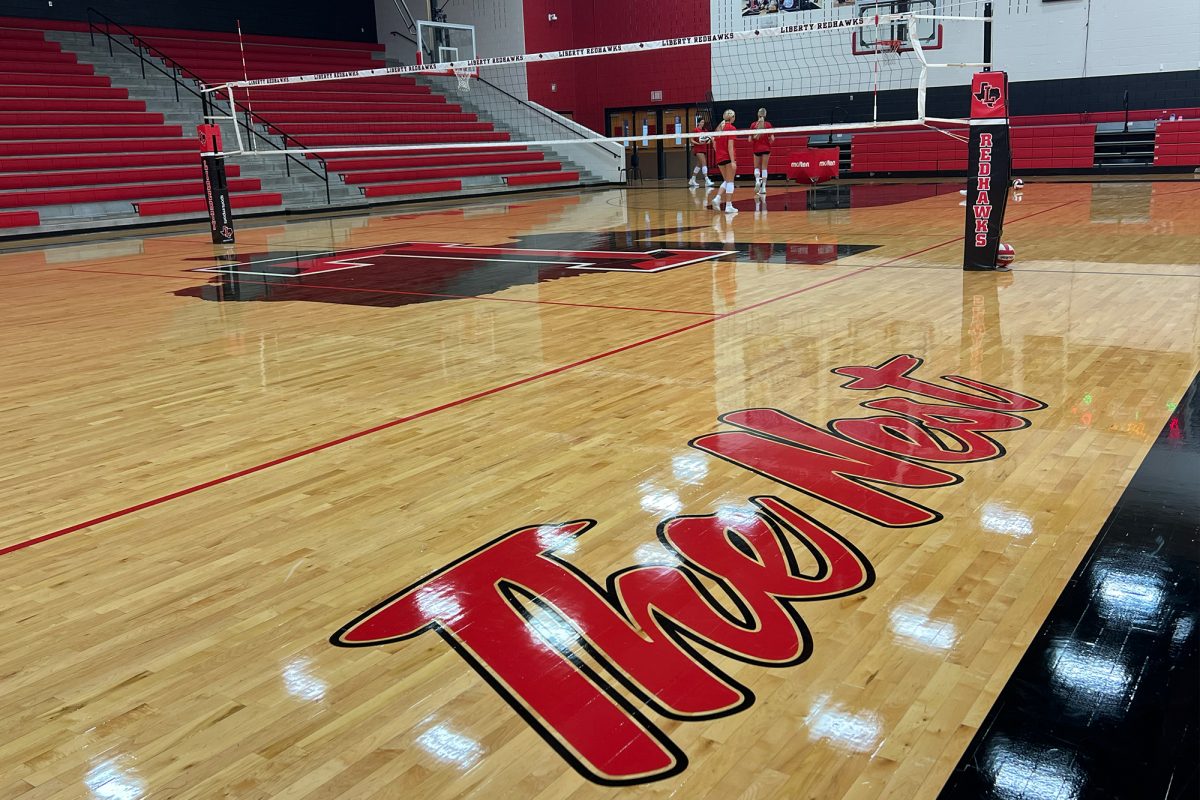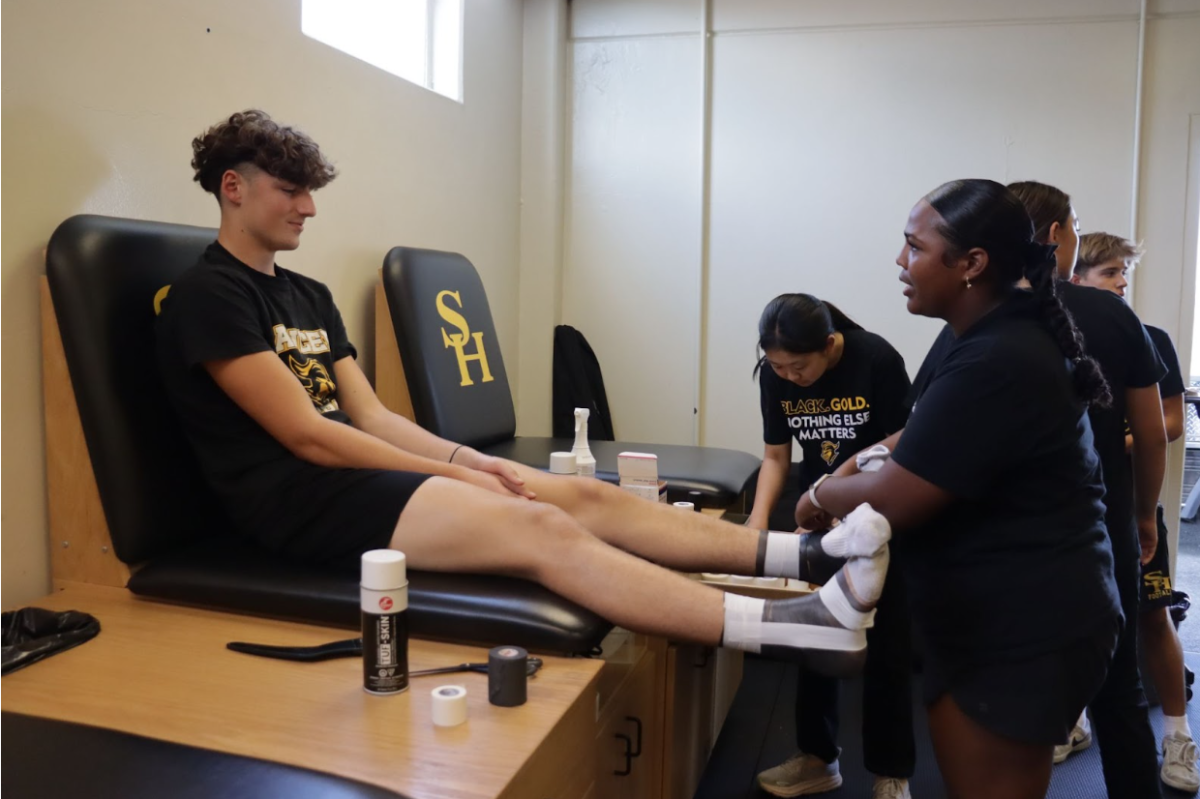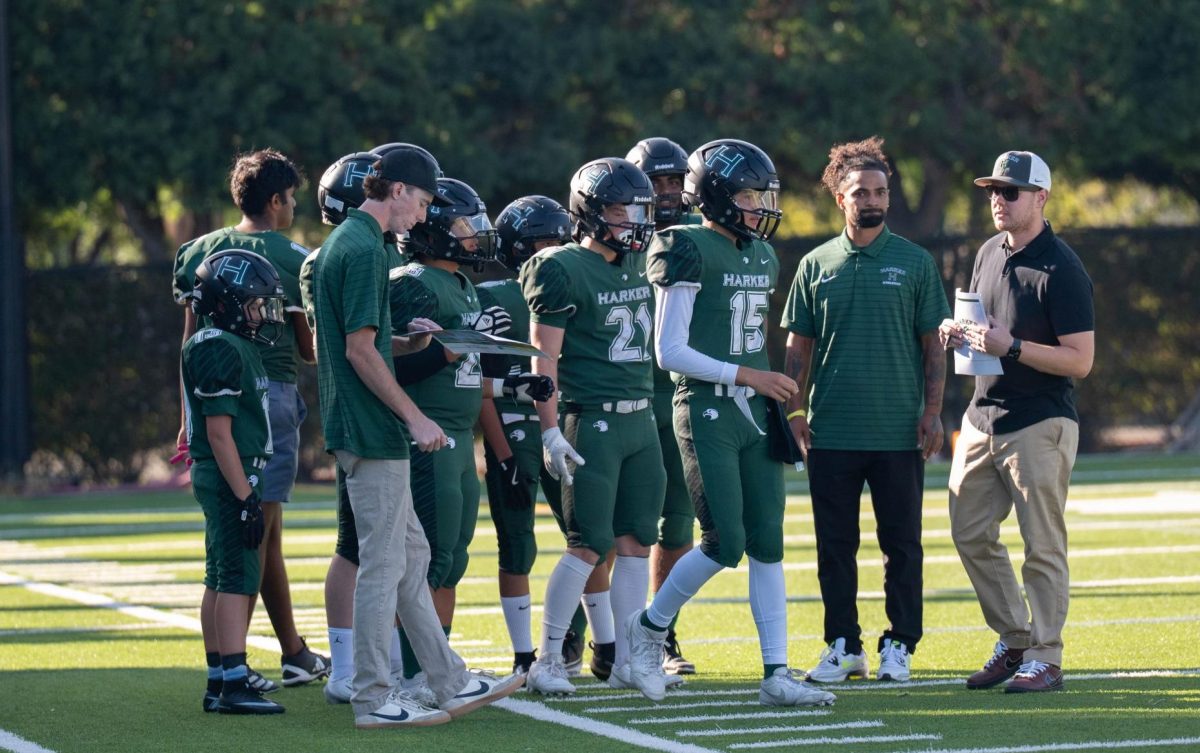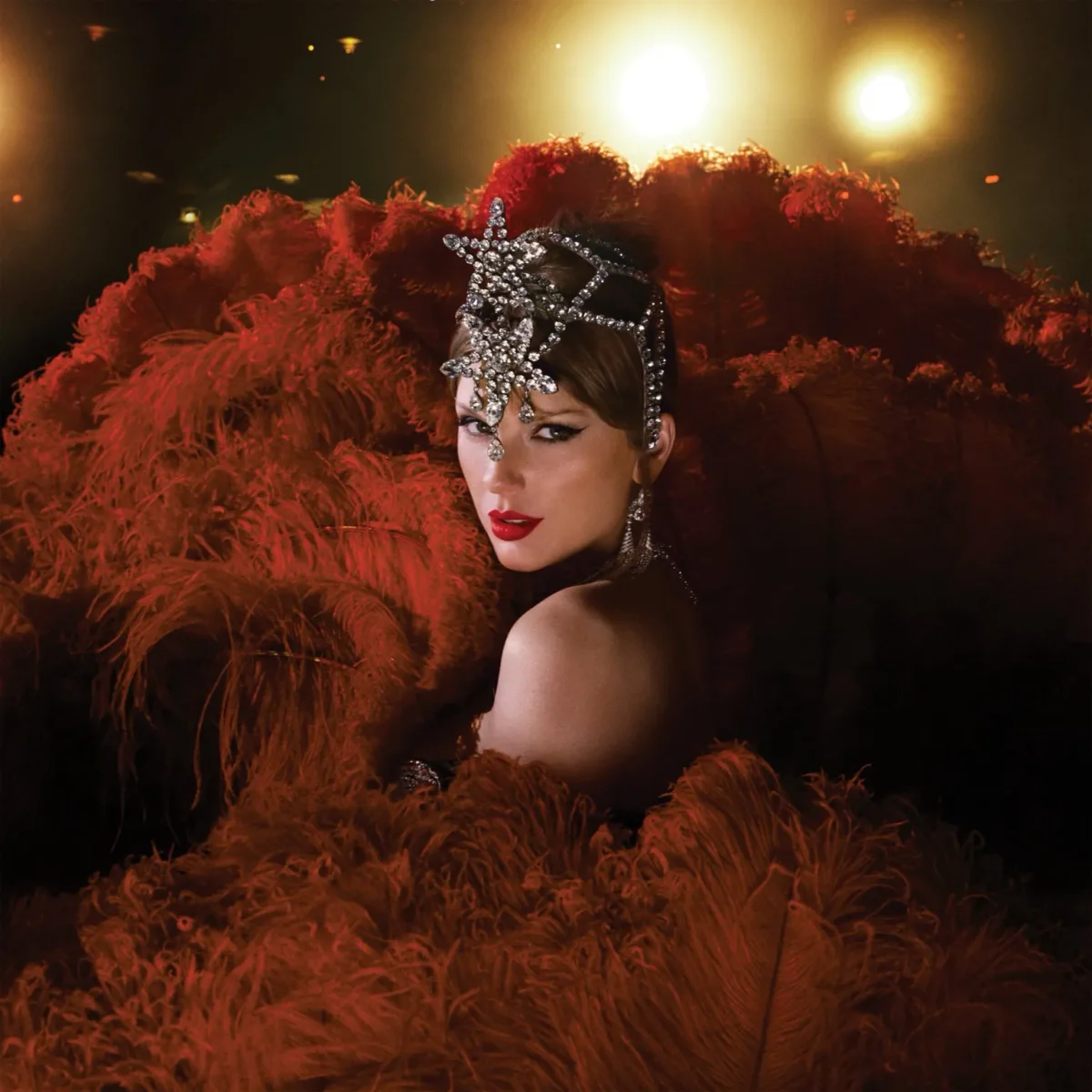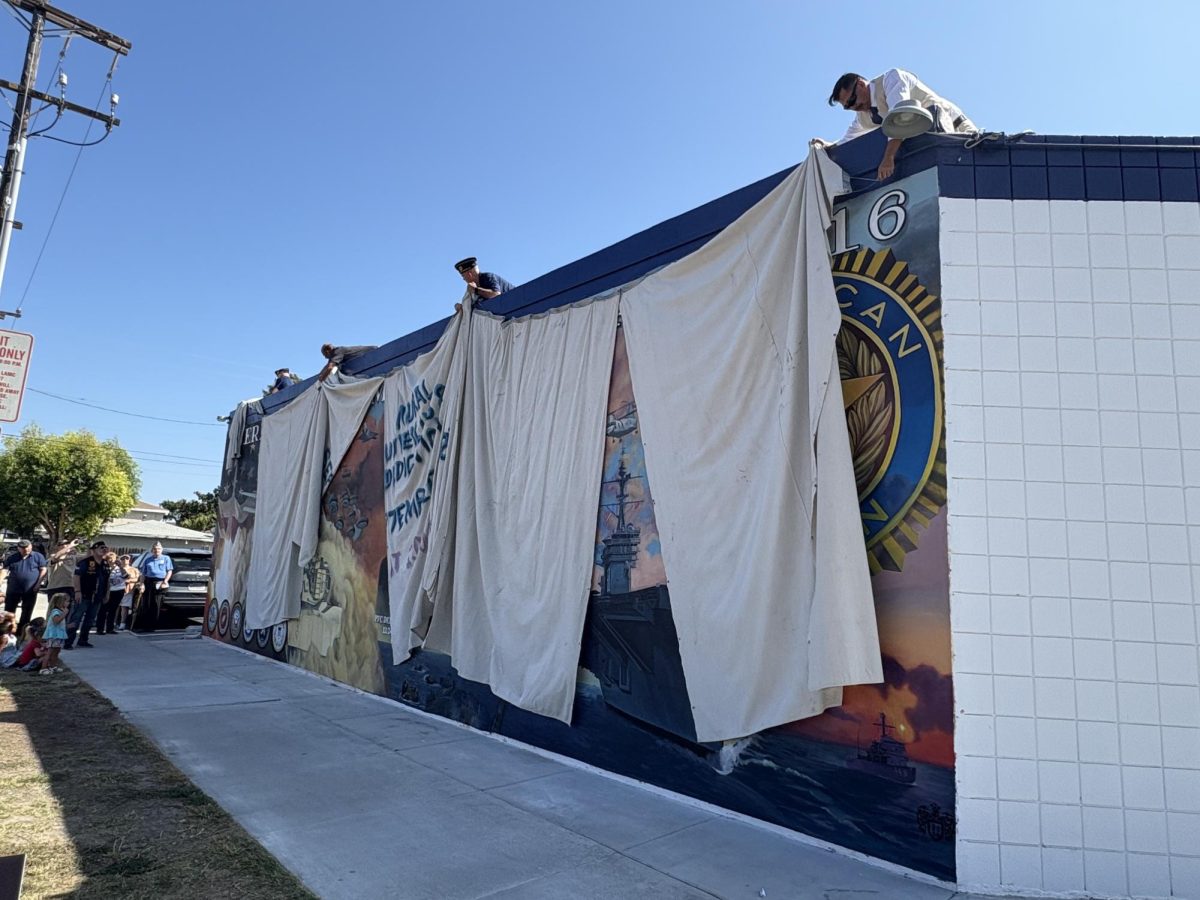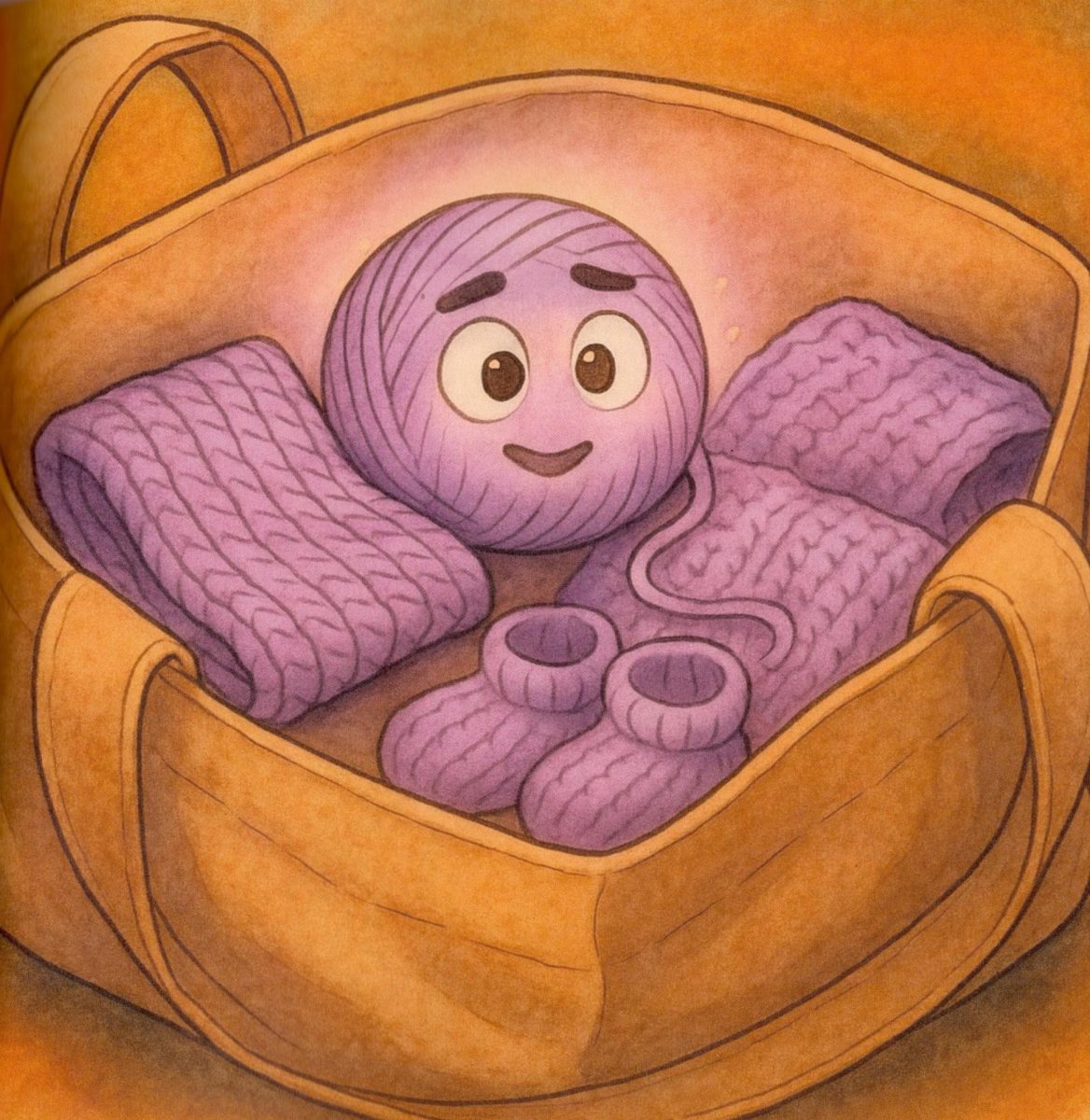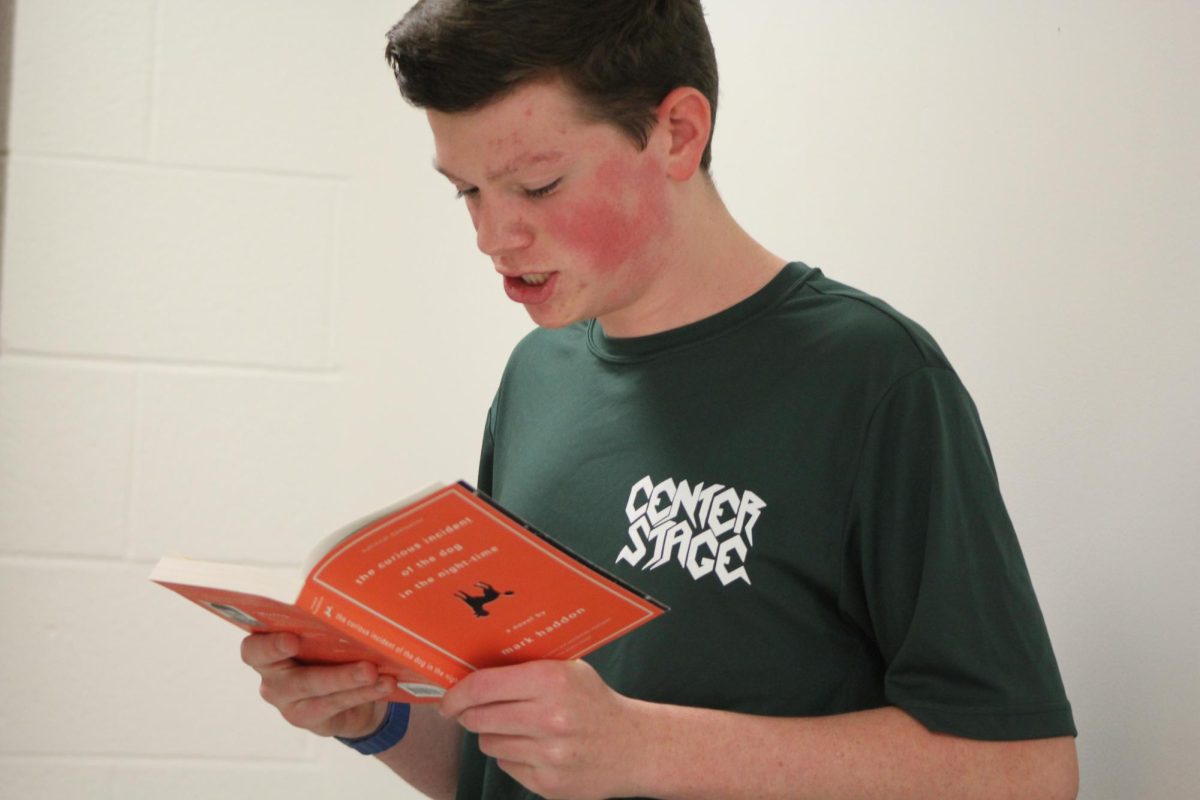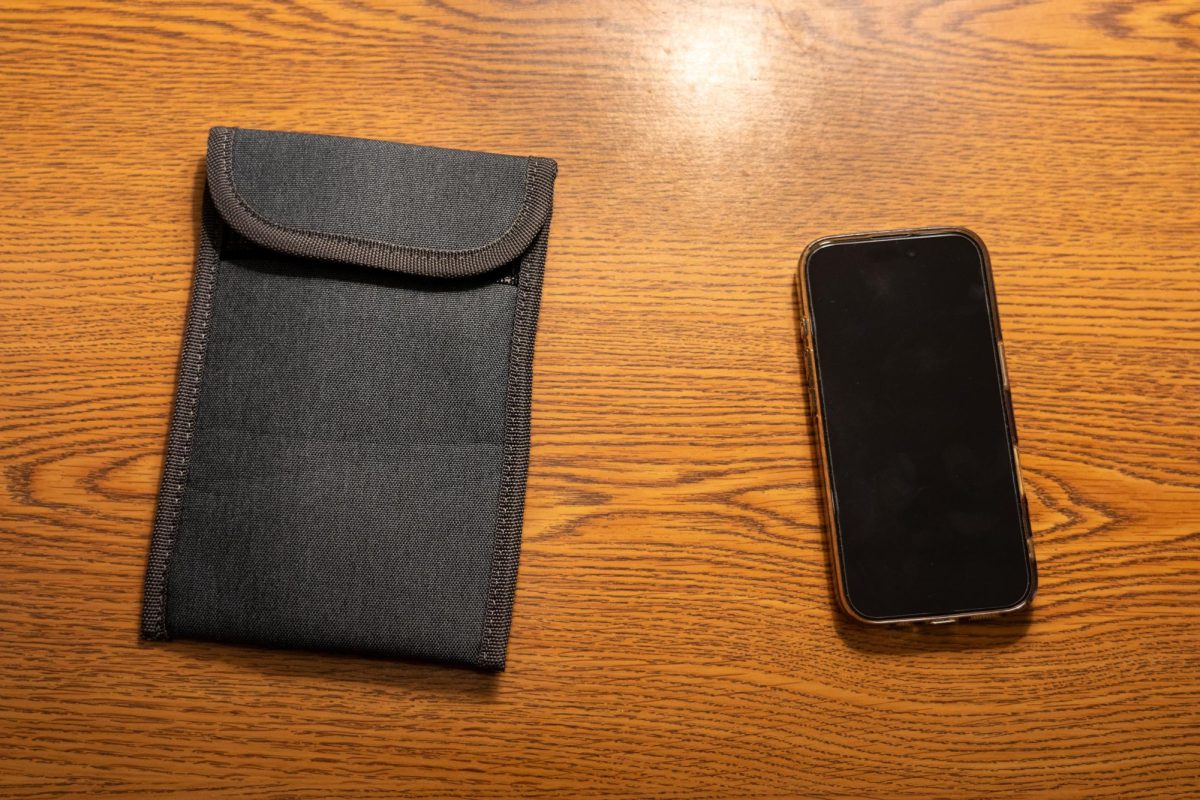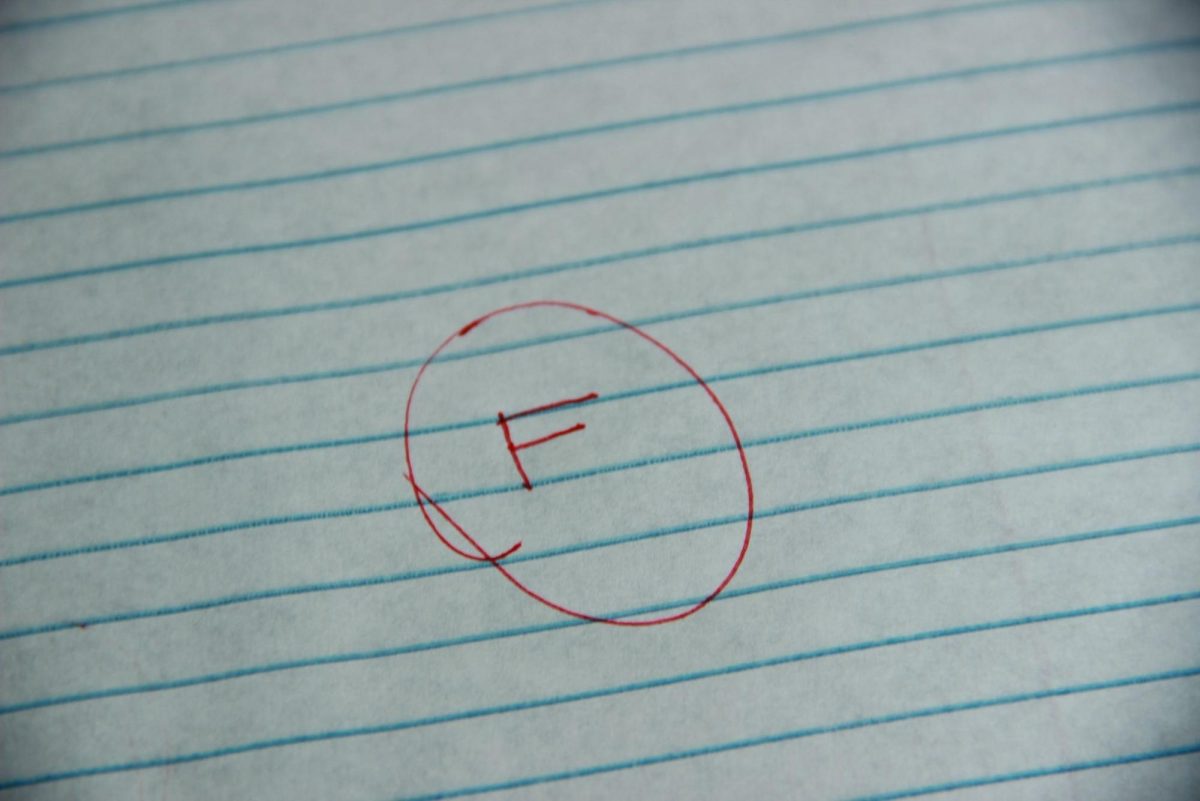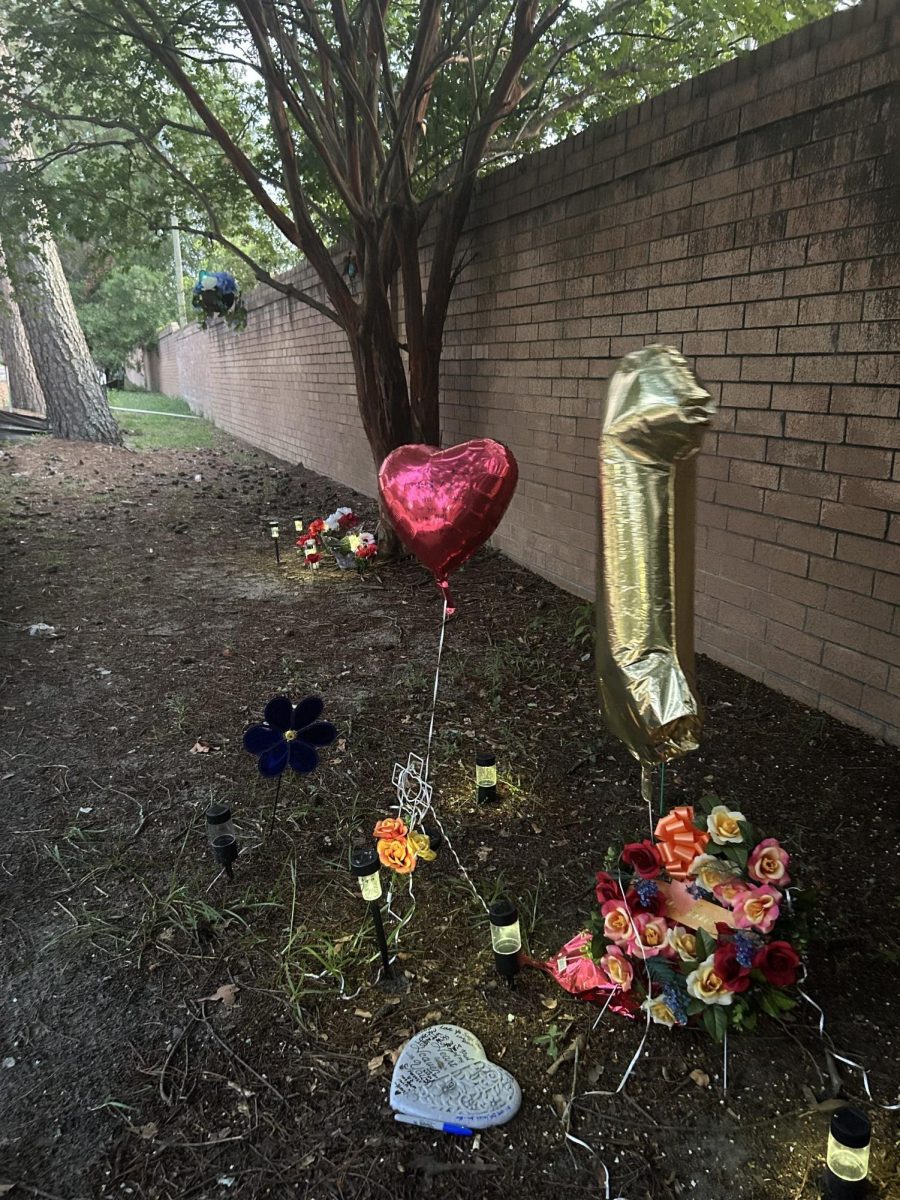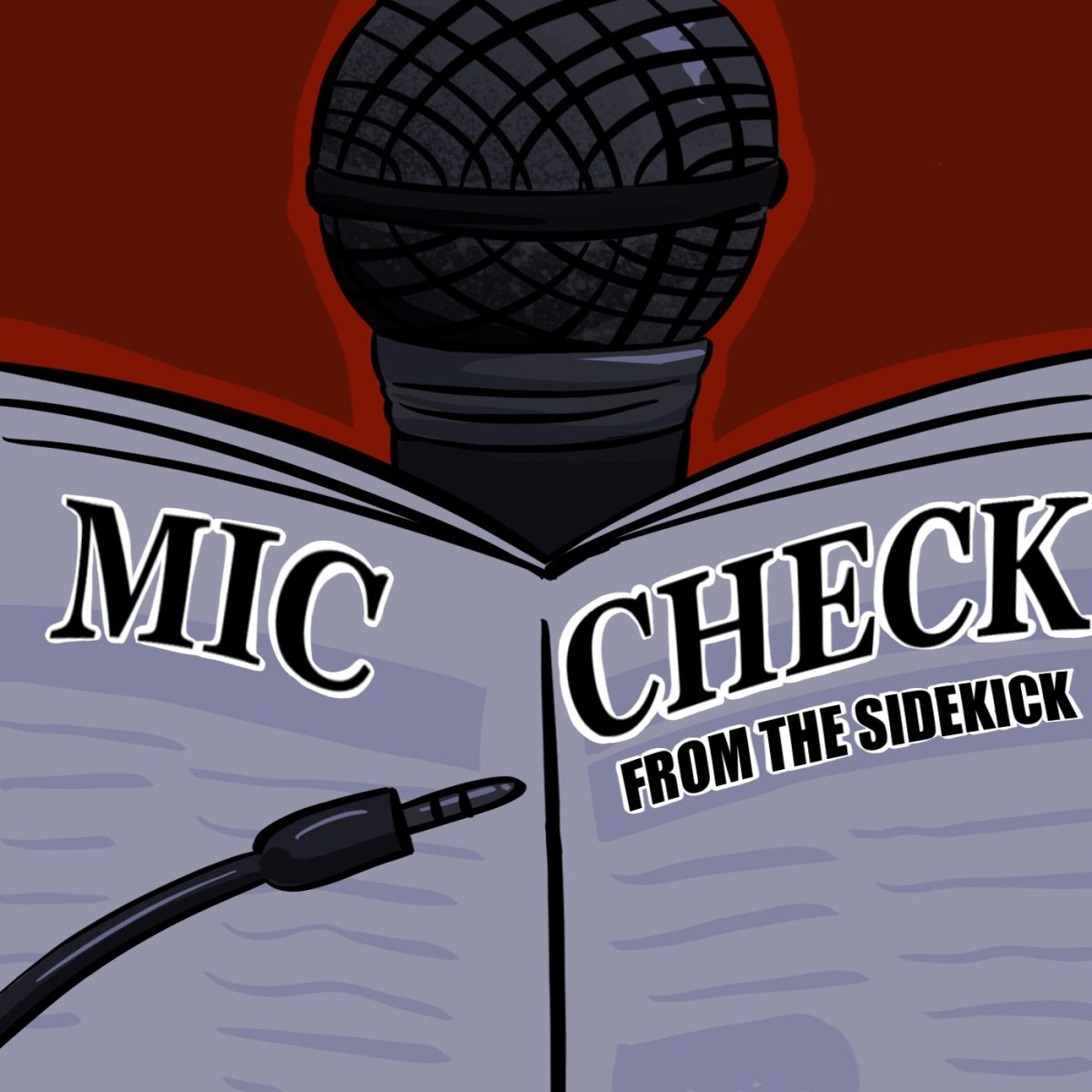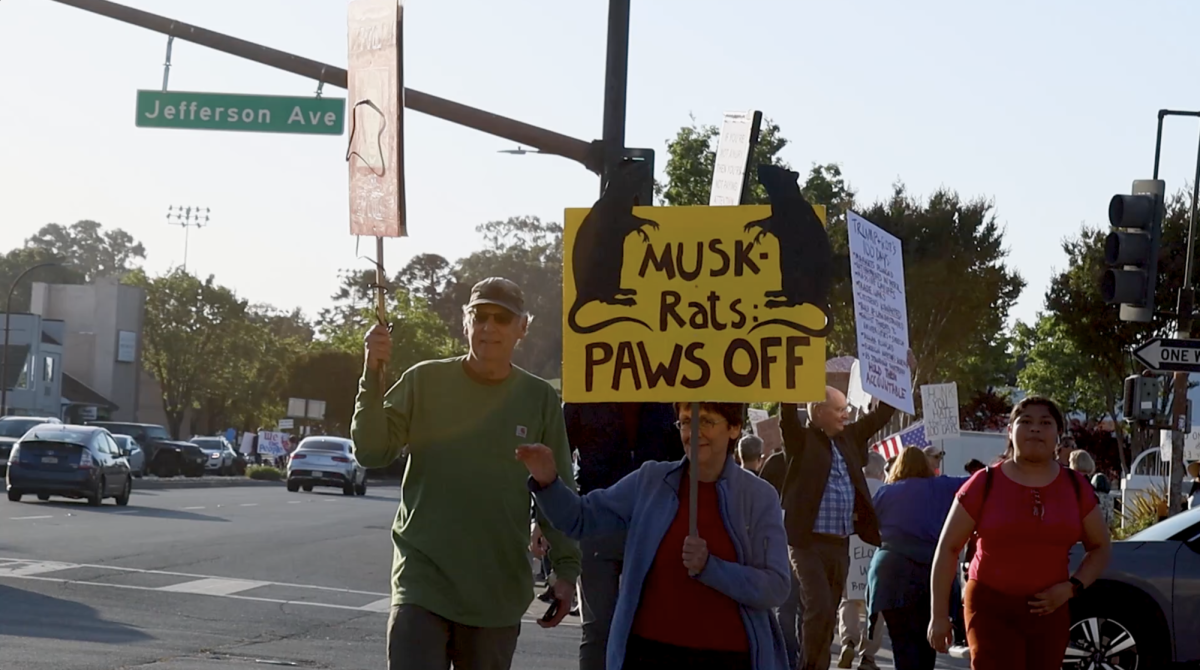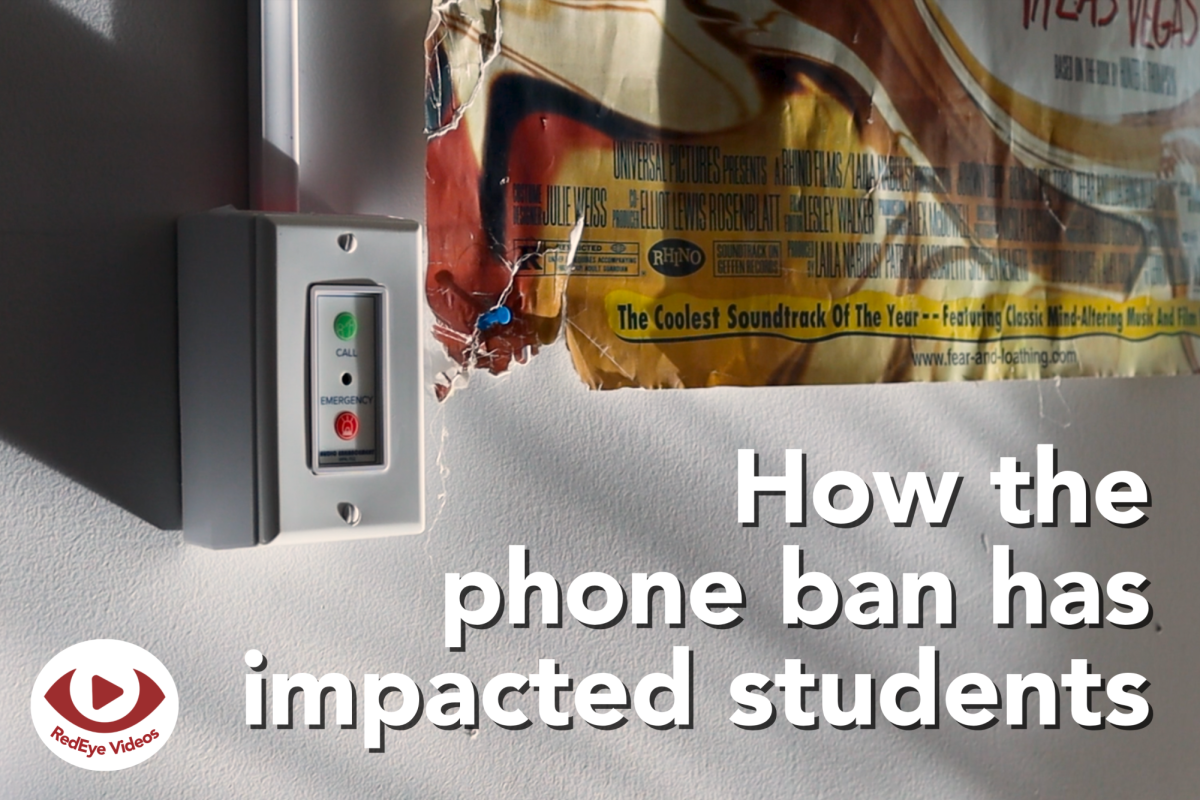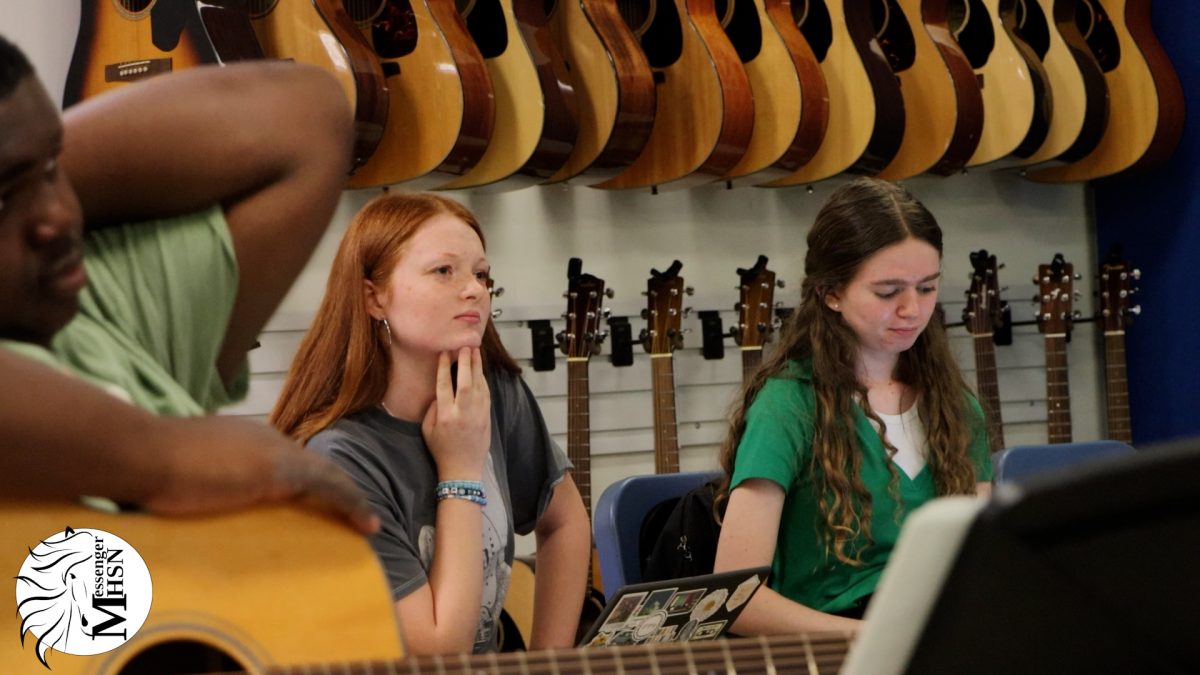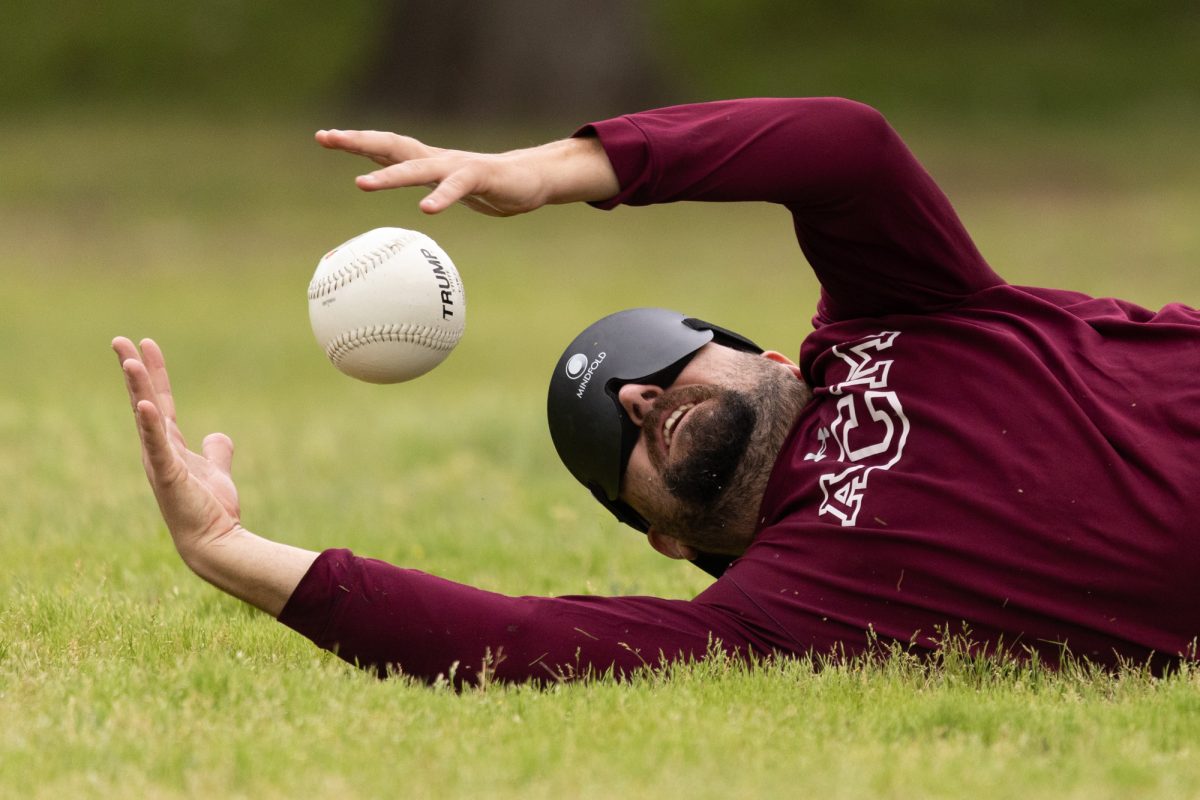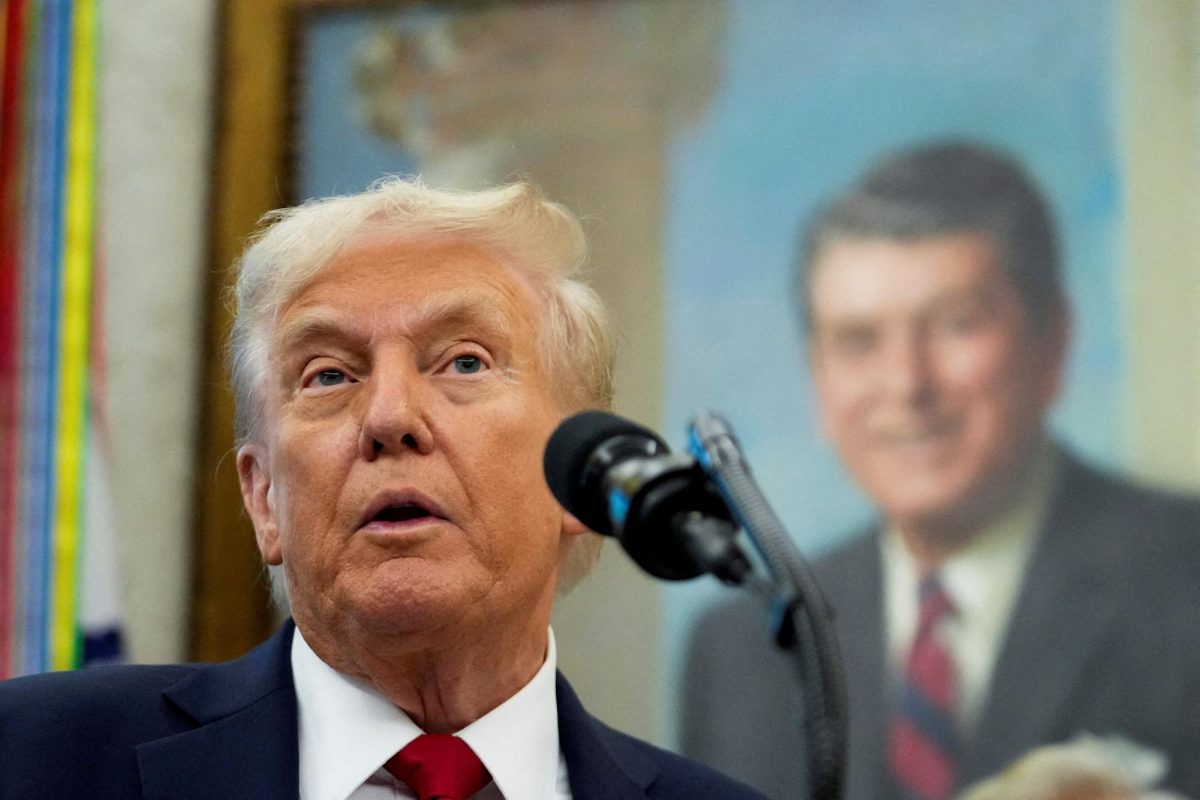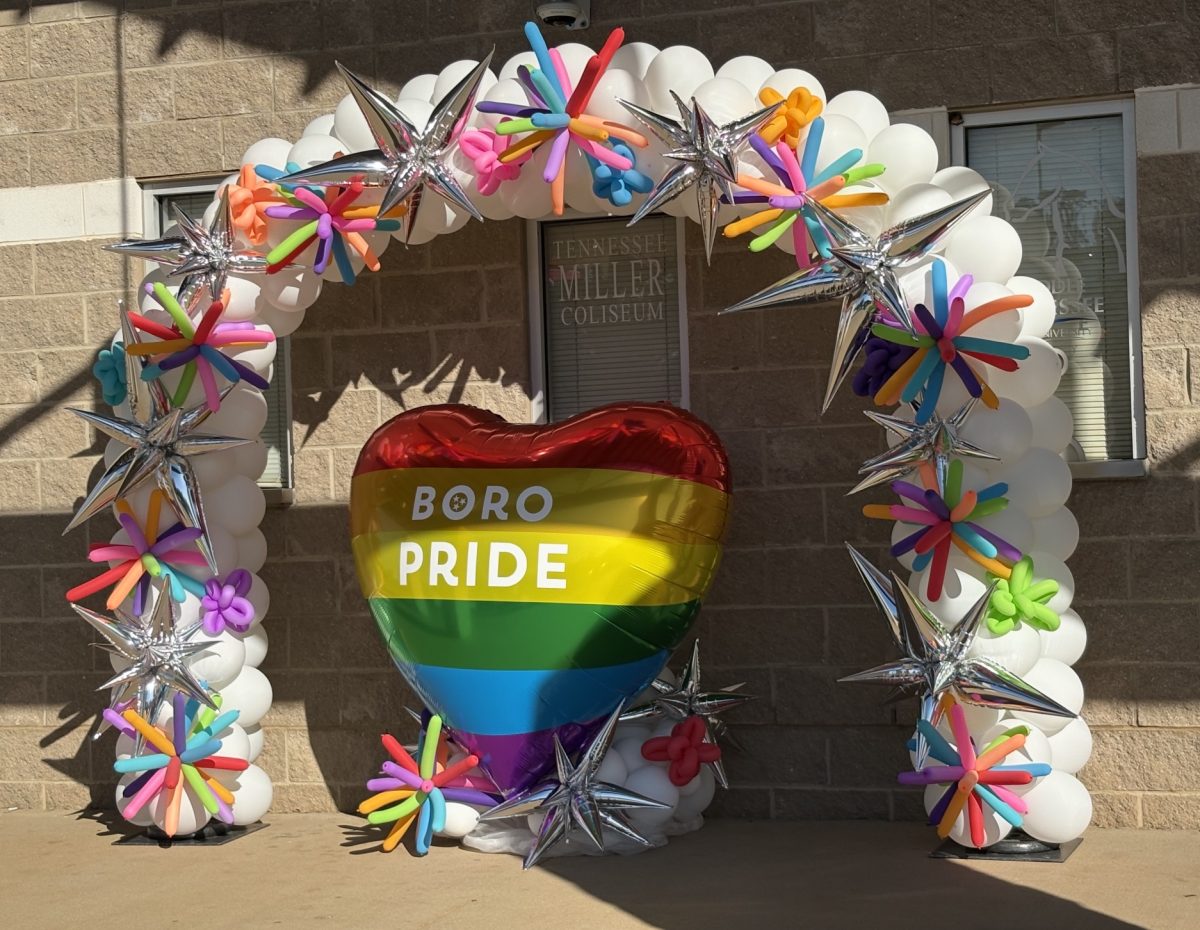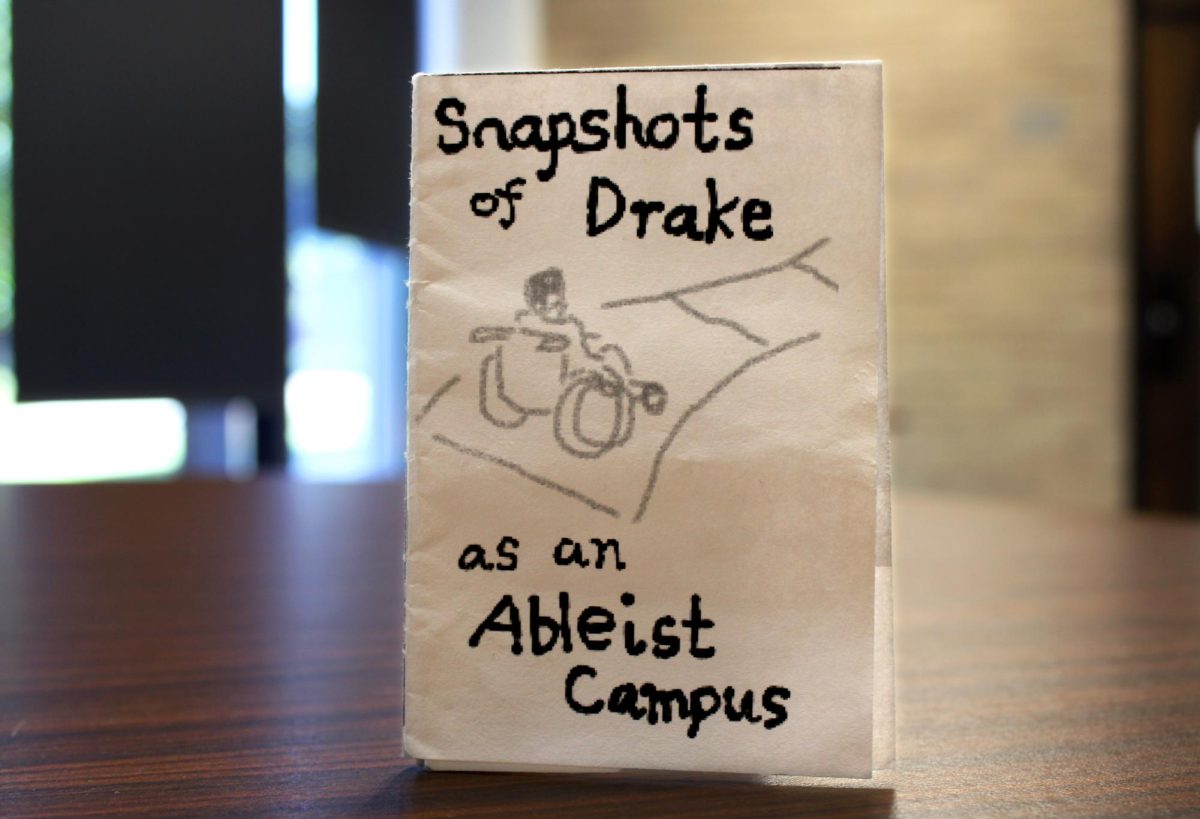Exhausted after a day of travel, battered with baseball-born bruises and in a packed car at 1 a.m., Hillary Oswald ‘18 and her father, Jerry House, saw in the rearview mirror what everyone dreads most: the red and blue glare of police lights.
As the flashing lights neared and the officer approached the driver’s side door, House pulled what Oswald described as “the blind card” to get out of the jam — the car was full of visually impaired athletes, all players on the BCS Outlaws beep baseball team. House, the team’s sighted pitcher, was driving.
In that moment, House’s use of the blind card to escape the ticket birthed a running joke on the Outlaws — an extension not of shared hardship, but of found camaraderie.
BCS Outlaws is one of four teams from Texas in the National Beep Baseball Association, or NBBA, an organization fostering a sport that both levels the playing field and allows a community of visually impaired people to compete at the top of their game.
“Beep baseball is the adaptive form of America’s favorite pastime for the blind,” NBBA President Richie Flores ‘05 said. “It’s a way blind people can play baseball with their family, with their friends because it also takes sighted folks to play along with us.”
A way to play
The game is designed around auditory cues, and the six players on each team wear blindfolds to even the playing field due to the varying degrees of blindness.

Roughly the size of a softball, the ball makes a loud beeping sound to alert the players of its location once it’s hit. Finally, players make a mad dash to one of the two bases, determined by whichever makes a buzzing noise, and attempt to reach it before the ball is fielded by the defense to score points.
“It’s intense,” Outlaws midfielder Alex Quick said. “You have a lot of people running around the field who can’t see each other, communicating and talking. It makes for a really unique situation in a very unique sport. … You get to fulfill your athletic and your competitive potential, and also get skills like communication and be able to join a team in a family who will support you.”
With people of varying levels of visual impairment running full-tilt, communication and the help of spotters is key to maintaining player safety.
“Trust is a big learning curve,” Oswald said. “You really have to trust the people around you. You have to trust your teammates, and you have to trust the spotter. So there’s somebody in the field who stands there and calls a number. We had a new spotter once who hadn’t really been trained, and this was actually on March 1, when we had a game here, and he did not move, and I ran into him and broke my thumb.”
Building bonds
Quick lost his vision from optic nerve atrophy in one of his eyes from mastoiditis he suffered when he was four. Quick fell in love with sports at a young age.
“I played tee-ball, but once the ball came too fast for me to see, I kind of just stopped playing because I didn’t want my head to get taken off,” Quick said. “I’ve always loved athletics and competition. … So [beep baseball] was kind of just a natural thing to progress into once I learned about it.”
With the desire to compete spurring him on, Quick joined the Outlaws three years ago after brief stints with Houston’s Bayou City Heat and a now-disbanded team from Dallas.

“I knew zero blind people before I got involved with blind sports,” Quick said. “So being able to talk to people that have shared experiences and lived experiences that are similar to myself, it’s very nice. And the Outlaws in particular, they’re really good family.”
Despite his relative inexperience when he joined the team, Oswald has seen Quick develop into one of the most important pillars of the team. Quick has taken on a leadership role as well, where he works with media, coordinates fundraising and sets up events.
“He was this scrawny little high school boy, and we’re like, ‘He was fast, though,’” Oswald said. “Like, that was the thing. His last name is Quick, which is good that he’s fast. But I remember watching him the first couple times, you just wanted him to make contact with the ball. Show you can make contact with the ball. He’s so fast, he’ll score, but now he has so much power, and he’s super confident.”
Beep baseball hasn’t just forged new relationships, though. It’s helped forge familial bonds that continue to grow — namely Oswald and House’s father-daughter relationship.
“He played football in high school, and he was an athlete growing up, so he kind of watched as the World Series went on the first year,” Oswald said. “The guy who had been our pitcher, he hurt his hand or his arm or something. And so my dad actually ended up stepping in and pitching one of the games and loved it. And so since then, he became the pitcher, and he’s been pitching ever since. It’s just really fun to get to do something like that with my dad for the last 10 years.”
Growing the game
The Outlaws’ memories, struggles and laughs aren’t isolated. Across the United States, teams will travel to compete in the annual NBBA Beep Baseball World Series on July 20.
“We’ve been hosting a World Series for beep baseball since 1976 and that usually is about 20 teams coming together and having a double elimination tournament throughout the week,” Flores said. “It’s about five days of competition, but that’s our main purpose, is to make sure that every year there’s a World Series champion crowned in beep baseball.”
Although at the moment the NBBA doesn’t have a U.S.-based travel team, the sport’s tendrils have begun to stretch across the globe, slowly latching on in Mexico, Canada, the Dominican Republic and in a country that’s been absent for a while — but is now returning to the fold.

“This year, the Taiwan affiliation of beep baseball [is] coming back,” Flores said. “We hadn’t seen them since pre-pandemic. 2018 was the last time we saw the Taiwan team, and they’re set to come back this year and make us an international tournament again.”
Despite the goals of international expansion from the NBBA, logistics on the local level continue to present challenges for the BCS Outlaws. The day-to-day struggles for Oswald as the team’s de-facto leader include coordinating transportation to practices and games for teammates who can’t drive, fundraising and finding sighted volunteers to help her team.
“Another thing that you always take for granted is we had a mom who would always like, tell us where our waters were,” Oswald said. “Because people come, run off the field, grab your water, you set it down, then you move it half the time. And I’m always like, ‘Where’s my water? Where are my gloves?’ So like, somebody to literally just be your mom, hand you your water and your gloves.”
For the BCS Outlaws and those at the NBBA, beep baseball has formed a community. The ease of accessibility to the sport has combined with the players’ passion for athletics to form a space for the blind. Whether it’s navigating societal expectations, getting the word out about their sport or talking their way out of a ticket, the Outlaws persevere nonetheless.
“There’s so many ways that folks either try to exclude us or limit us or try to prevent us from trying things because they’re afraid we might get hurt or we can’t do it,” Flores said. “There’s just a stereotype already that we cannot. And so blind people so many times, if you want to do something, if you have to do something, if you need to do something, we find a way to do it.”
This story was originally published on The Battalion on April 9, 2025.



